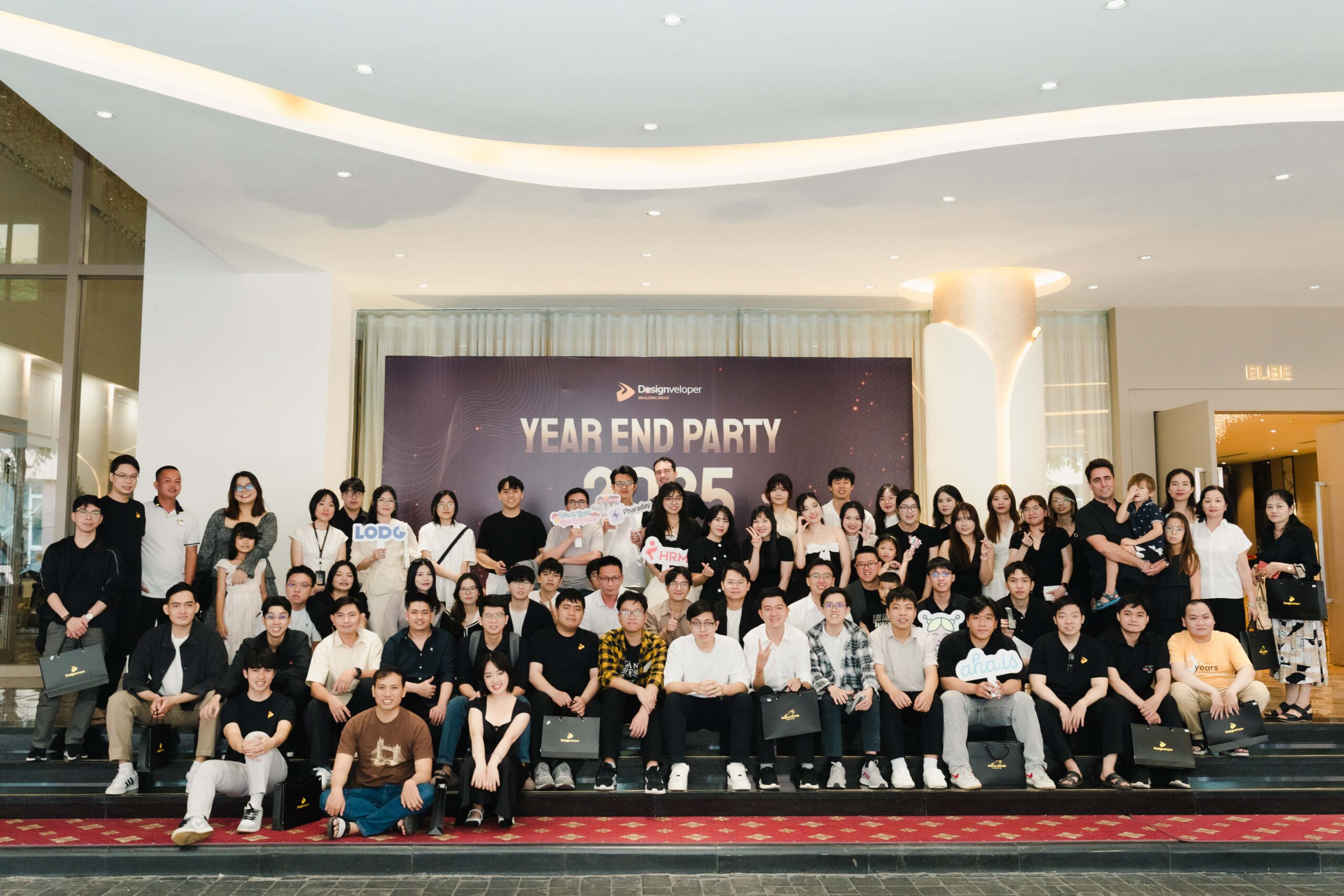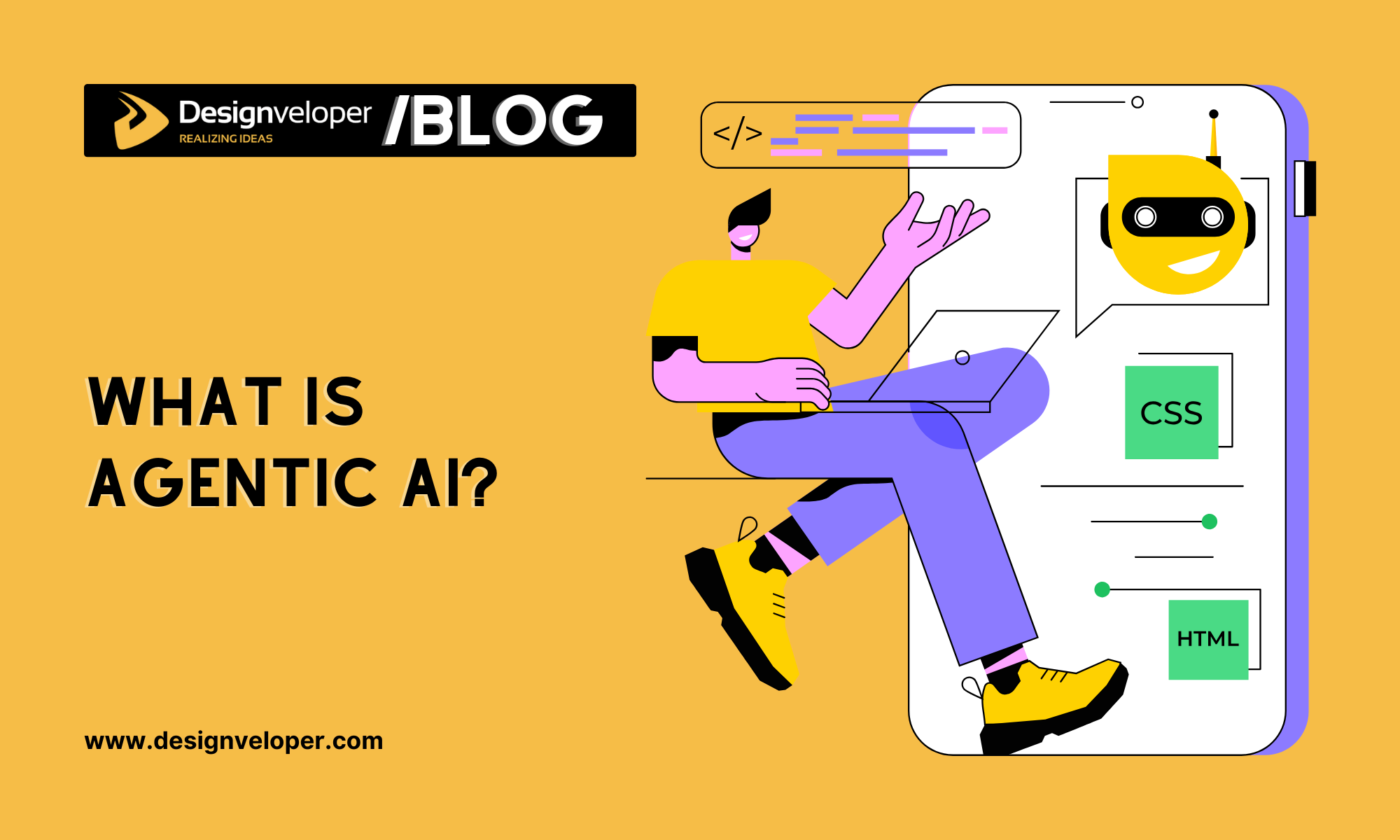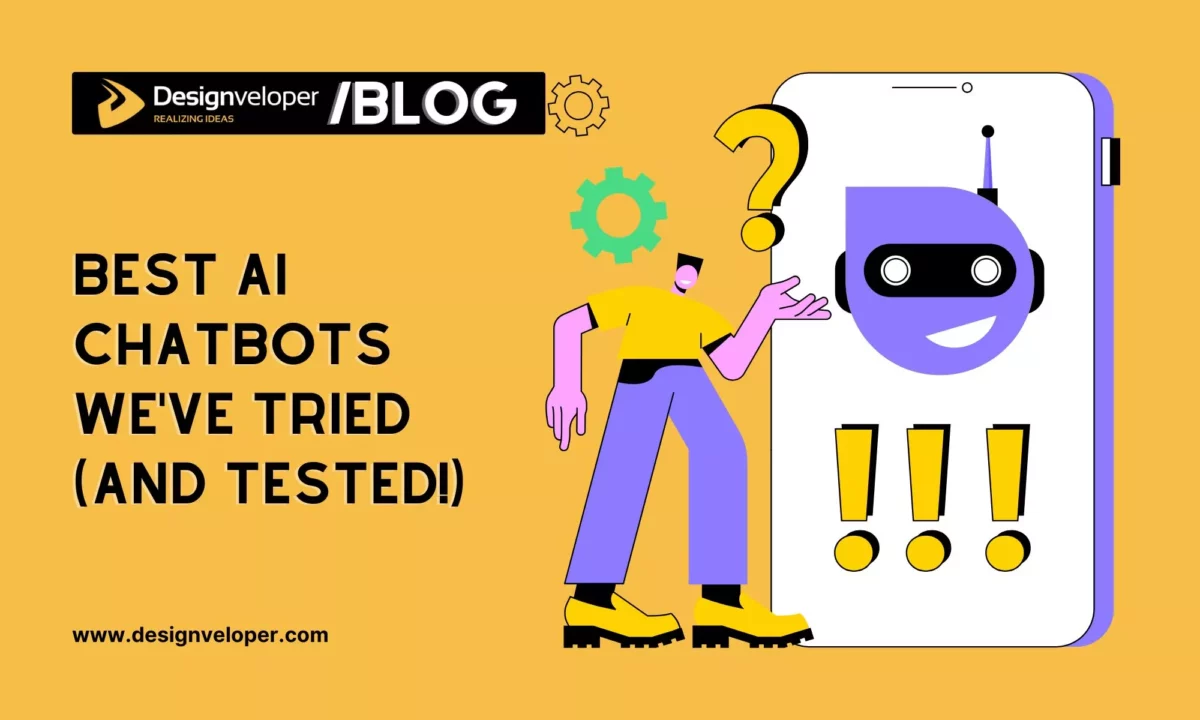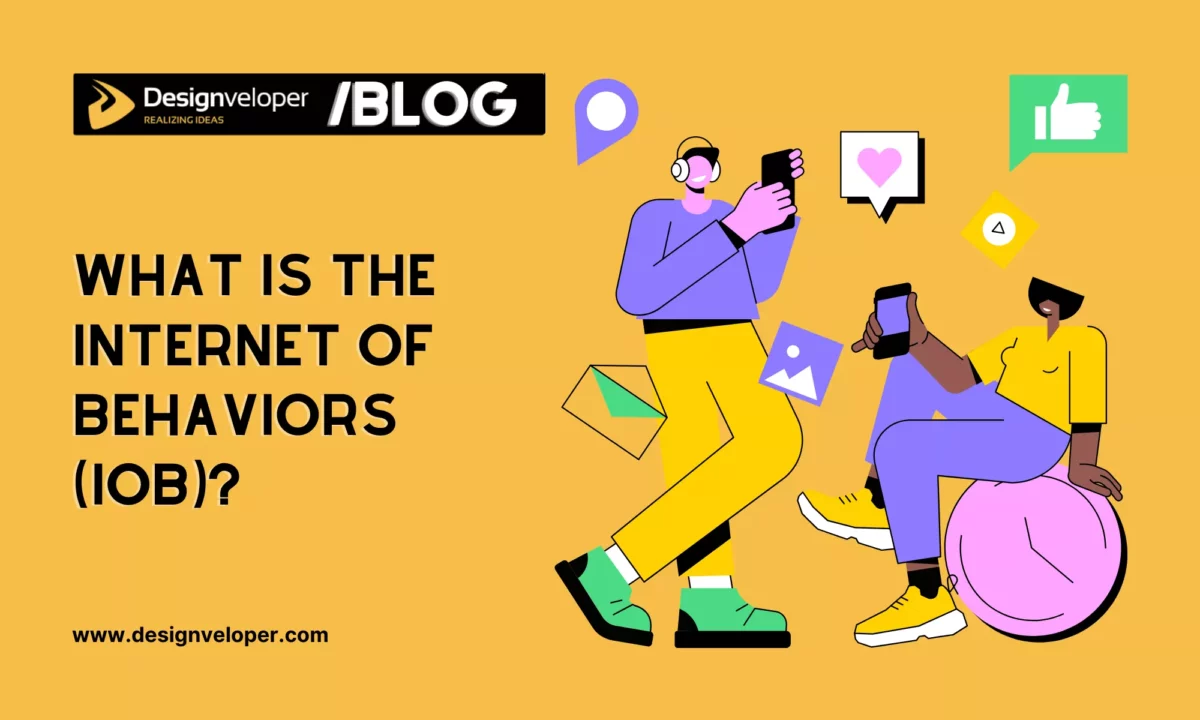
What is agentic AI? This question is coming up often as artificial intelligence evolves. In simple terms, agentic AI refers to AI systems that act as independent “agents” capable of making decisions and completing tasks with minimal human input. These agents can plan, reason, and take action autonomously to achieve goals. In other words, an agentic AI doesn’t wait for step-by-step instructions—it figures out how to get the job done on its own.
Major tech analysts are taking note of this emerging approach. For example, Gartner named agentic AI the top strategic technology trend for 2025, predicting that these autonomous agents will form a “virtual workforce” and handle at least 15% of daily work decisions by 2028. Businesses are paying attention too: in one global survey, 29% of organizations said they’re already using agentic AI, and another 44% plan to implement it within the next year. This surge of interest underlines how agentic AI could fundamentally change how work gets done.
Understanding Agentic AI: Definition and Key Characteristics

At its core, agentic AI means AI with agency – the ability to operate on its own to meet objectives. According to Microsoft’s definition, an agentic AI is “an autonomous AI system that plans, reasons and acts to complete tasks with minimal human oversight.” Unlike traditional software or simple bots, it doesn’t rely on a fixed script of rules. Traditional automation tools strictly follow predefined steps, but agentic AI dynamically figures out the best approach using learned patterns and context. This means the AI can adapt and decide on its own how to reach a goal rather than being micromanaged. It “flips” the usual AI paradigm by needing much less prompting from people.
Below are a few key characteristics that make an AI system agentic.
Characteristics of Agentic AI
- Autonomy: The AI can pursue goals with minimal human oversight, performing tasks beyond exactly what was instructed. It doesn’t constantly ask for guidance.
- Reasoning: It applies contextual decision-making to choose solutions on its own. The agent analyzes data and context to figure out its next steps actively.
- Adaptable Planning: When conditions change, the AI adjusts its plan of action accordingly. It can alter its approach on the fly if something unexpected happens.
- Context Understanding: Agentic AI has a strong grasp of context (e.g. understanding natural language or data) so it can understand instructions and environments.
- Action-Oriented: Crucially, an AI agent doesn’t just analyze – it takes action. It carries out tasks and delivers results whenever it is capable, without waiting for explicit orders.
Thanks to advances in AI techniques, these capabilities are now possible. Modern agentic systems often combine powerful large language models, machine learning, and reinforcement learning to learn from experience and improve their decision-making. This blend of technologies allows the AI agent to learn the best ways to achieve its goals through trial and error, much like a human would. Importantly, agentic AI can break down big goals into smaller subtasks and delegate them to specialized tools or models as needed. By orchestrating multiple components in this way, the AI agent can handle complex, multi-step processes end-to-end. For example, if given an overarching objective, an agentic AI might split it into sub-tasks (data gathering, analysis, steps, etc.) and handle each one with the appropriate method – all without a person mapping it out beforehand.
Agentic AI vs. Traditional and Generative AI
Agentic AI goes beyond today’s popular generative AI assistants (like chatbots that answer questions). A generative AI model usually needs a clear prompt or question from a user, and then it produces a response. The process stops there until the user provides another prompt. Agentic AI flips that model. Instead of waiting for exact instructions each time, an agentic AI can take a high-level goal or a contextual cue and then autonomously carry out a series of steps to fulfill the task.
In short, generative AI answers questions, but agentic AI figures out what questions to ask (and then answers them) in order to complete a broader task. For instance, a generative chatbot might give you a travel itinerary when asked, but an agentic AI could proactively plan an entire trip for you based on your general preferences – searching flights, booking hotels, adjusting plans if prices change – all with minimal prompting. This ability to take initiative based on context is what sets agentic systems apart from earlier AI. It makes them far more versatile and useful for complex real-world applications.

Another way to see the difference is how multi-step problems are handled. Traditional AI might tackle one step at a time, whereas an agentic AI can chain together many steps on its own. It can use one AI model for one subtask (say, vision or database lookup) and another model for a different subtask, coordinating them to reach the end goal. This orchestration role is why people often describe agentic AI as an “AI of AIs”, managing other tools and models to solve problems. This approach has been in concept for years, but it’s now becoming practical because recent AI advancements (like powerful language models) provide the missing pieces needed for success.
Real-World Examples of Agentic AI in Action
Agentic AI might sound abstract, but it’s already finding use in many areas. Here are some examples and use cases that demonstrate what agentic AI can do across different industries and tasks:
Customer Support and Call Centers
Companies are deploying agentic AI in customer service to automate complex support interactions. For example, AI agents in call centers are already running at scale as of 2025. An agentic AI can simultaneously analyze a caller’s sentiment, pull up their account and order history, check relevant company policies, and provide a response tailored to the situation. It doesn’t just serve scripted answers – it figures out what the customer needs by piecing together context. If the issue is too complex, the AI can even escalate or hand off the case to a human agent with a full summary, saving time and ensuring no information is lost. This speeds up customer service and makes it more consistent. All employees, even less experienced ones, can perform at a high service level with an AI agent supporting them.
Supply Chain Management
In fields like supply chain and logistics, agentic AI proves extremely useful for managing disruptions and optimizing operations. Supply chains involve many interconnected steps, from sourcing materials to delivery, and agentic AI can oversee the whole process. For instance, if a sudden event (like a drought in a farming region) affects the supply of a product, a human manager would normally scramble to find alternatives – checking other suppliers, updating routes, and so on.
An agentic AI can handle this automatically. It will continuously monitor conditions and, when a disruption is detected, reconfigure the plan on its own: finding alternate suppliers, recalculating costs and delivery times, rerouting shipments, and even placing new orders as needed. Essentially, a supply chain agent can be told the desired outcome (e.g. “source the needed items at lowest cost and on time”) and it figures out how to achieve it, then initiates all the necessary actions to make it happen. This kind of end-to-end automation was not possible with older tools, but agentic AI can orchestrate the entire workflow with minimal human involvement.
Cybersecurity and Risk Management
Security operations benefit greatly from agentic AI’s vigilant and speedy decision-making. In a corporate Security Operations Center (SOC), an AI agent can proactively scan networks and systems for any signs of threats or anomalies. Unlike a static security system, the agent doesn’t need to wait for a known threat signature; it can investigate unusual patterns on its own. If a potential cyberattack or fraud is detected, the agentic AI can take corrective action immediately – such as isolating an affected server or blocking a transaction – without waiting for human approval. Similarly, in financial risk management, an agentic AI can comb through transactions to spot suspicious activity, determine if it’s likely fraudulent, and then automatically respond (for example, pausing the transaction and flagging it for review). This rapid, autonomous response helps reduce risks and contain incidents far faster than manual intervention.
Scientific Research and Discovery
The ability of agentic AI to explore options and plan steps makes it a powerful tool for research and development tasks. In fields like drug discovery and new materials science, agentic AI is being used to accelerate innovation. A research AI agent can analyze huge amounts of scientific data and come up with hypotheses or designs for new compounds. It’s smart enough to say, “Here is what I know about chemistry and the desired properties; combining these elements might yield a new material that fits the criteria,” essentially proposing novel solutions.
Beyond just suggesting ideas, the AI can then plan out how to test or create the new compound. For example, it might identify which experiments or simulations to run next, or which suppliers could provide the ingredients, and even order those materials automatically. By handling both the creative and practical steps, agentic AI significantly speeds up the research process. Scientists can leverage these agents to discover breakthroughs faster than with manual analysis alone.
Personal AI Assistants (Travel Planning Example)
Agentic AI isn’t limited to big enterprises; it can also enhance everyday tasks. Consider a personal travel assistant powered by agentic AI. You might only need to tell this AI agent your general vacation preferences – your budget, preferred destinations or activities, and schedule. From there, the agent will autonomously do all the work that you would normally have to do yourself. It will research destinations that fit your criteria, suggest an itinerary, pick suitable flights and hotels, and even book the trip for you end-to-end.
Throughout the process, the AI adapts to any new information (for instance, if prices change or a preferred hotel is unavailable, it finds alternatives). This kind of agentic assistant essentially behaves like a human travel agent working on your behalf, except it operates 24/7 and responds instantly. Similar principles can apply to other personal or office assistants – scheduling meetings, managing emails, or analyzing data – where the AI takes initiative to manage tasks with minimal oversight.
These examples show how agentic AI is already being used to tackle complex, real-world problems. From automating customer service inquiries to running entire workflows in logistics, agentic systems can handle tasks that traditionally required active human management every step of the way. By acting as versatile autonomous agents, they streamline processes, react in real time, and often produce faster or more efficient outcomes than manual methods. Importantly, in many of these scenarios humans are still in the loop at a high level – setting goals, reviewing outcomes, or handling exceptional cases – but the heavy lifting of figuring out how to achieve the objective is done by the AI. This partnership between humans and intelligent agents is redefining productivity in many organizations.
Conclusion
What is agentic AI is an important question, one which we at Designveloper have been continually addressing. Today we turn what is agentic ai from theory into code. We design autonomous agents, embed large-language-model pipelines, and host them on secure web and mobile platforms. In addition, we provide UX/UI, VoIP, and custom API engineering so each agent scales smoothly and speaks every user’s language.
Designveloper has built software in Ho Chi Minh City since 2013. Our 100-plus team has shipped more than 100 products, logged over 500 000 working hours, and holds a 4.9 / 5.0 rating on Clutch. We have gained the trust of 50+ long-term clients across five continents.Our outcomes prove the value. Share your goal, and we will craft the agentic AI that plans, reasons, and acts on your behalf: quickly, securely, and on budget.






Read more topics
You may also like





























































